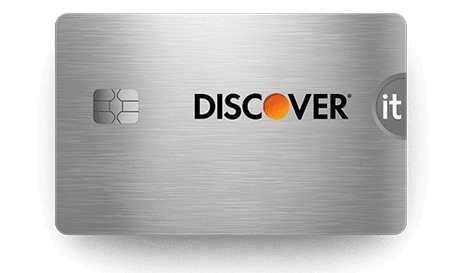Your credit history is a record of your experience managing debts. Lenders often review your credit history to determine whether you’re a trustworthy borrower. That’s why your credit score can have a big impact on everything from your apartment rental applications to personal loan terms and mortgage rates.
Used responsibly, a credit card can be a helpful tool for building credit history. But if you don’t currently qualify for a credit card, or you’d just prefer not to have one right now, you may still use other tools to establish a good credit history.

How to Build Credit Without a Credit Card
5 min read
Published August 18, 2025
Next steps

See if you're pre-approved

View all Discover credit cards
See rates, rewards and other info
You may also be interested in
Was this article helpful?
Was this article helpful?




